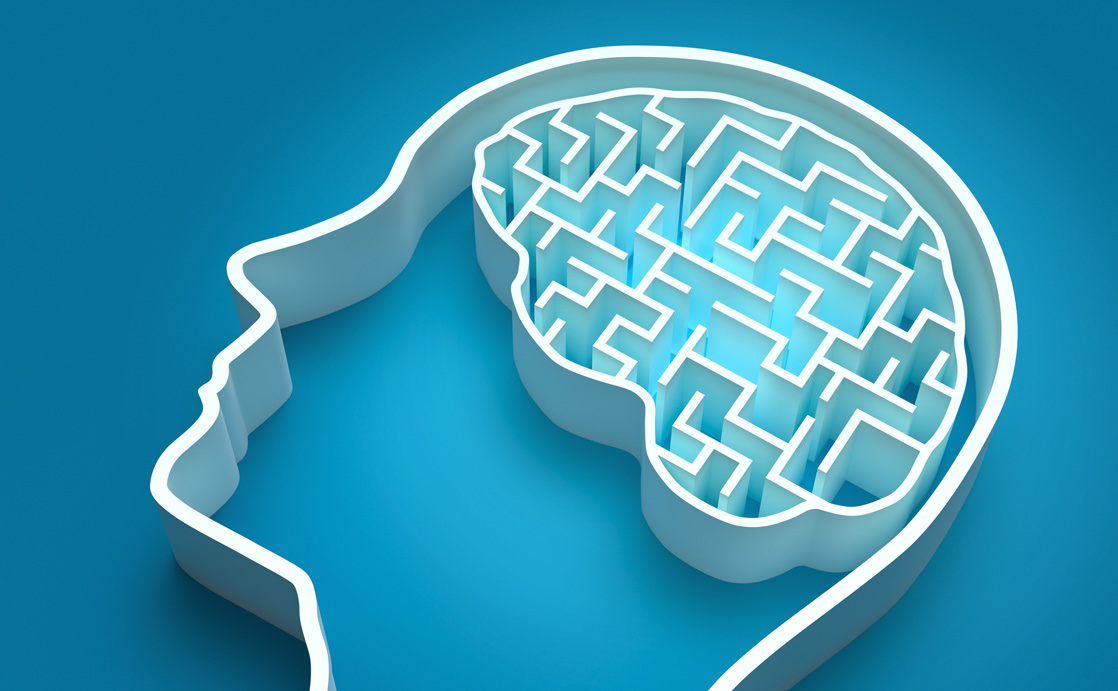The question arises: what is so perilous about the assertion that we are unequivocally “right” in our beliefs and convictions? At first glance, positing oneself as correct may seem harmless, or even sensible. Yet, within the framework of Bahá’í teachings, the inclination to cling doggedly to the notion of being right can lead to a myriad of complications, perpetuating discord and obstructing the pursuit of a harmonious society. This article delves into the intricacies of this cognitive entrapment, elucidating its ramifications and outlining strategies to transcend it.
To begin, it is paramount to comprehend the nature of the “trap” of thinking one is right. This mindset frequently engenders a defensive posture. When individuals approach discussions or debates with the primary goal of vindicating their positions, they inadvertently hinder open dialogue. The Bahá’í teachings emphasize the importance of unity and the collective search for truth. By prioritizing personal correctness over communal understanding, one risks alienating allies, fracturing relationships, and obstructing the collaborative nature of truth-seeking.
Furthermore, believing oneself to be right can promote a form of intellectual arrogance. Individuals may dismiss valuable insights and perspectives that diverge from their own, reinforcing echo chambers that stifle growth and learning. The pursuit of knowledge is a lifelong endeavor, one that flourishes in an environment characterized by humility, curiosity, and openness. The Bahá’í principle of accepting that no one possesses the whole truth encourages individuals to view differing opinions not as threats, but as opportunities for enlightenment.
The trap manifests itself not only in interpersonal interactions but also within the confines of personal development. When one is rigid in their beliefs, self-reflection suffers. The ability to evaluate and reassess one’s positions is crucial for growth. In the Bahá’í perspective, the pursuit of personal and spiritual development is paramount; thus, it is essential to cultivate a mindset that embraces flexibility and adaptability. To genuinely evolve, it is necessary to recognize that one’s current beliefs may not encompass the entirety of truth.
How, then, can one effectively navigate away from this cognitive trap? The first step is to cultivate a habit of active listening. Engaging in conversations with the intent to understand rather than to respond can foster a more profound connection with others. Active listening involves not merely hearing the words being spoken but also grasping the underlying emotions and intentions. It requires patience and the willingness to entertain viewpoints that may initially seem foreign or unpalatable.
Incorporating meditation into daily routines can also facilitate the transition away from the trap of thinking one is right. Meditation fosters a greater awareness of inner thoughts and feelings, allowing individuals to observe their biases without judgment. This practice cultivates a sense of detachment from convictions, providing a clearer perspective on the malleable nature of truth. Through meditation, one can gain insight into the ways in which rigid thinking might obstruct spiritual and intellectual progress.
Moreover, embracing the spirit of inquiry is crucial. Rather than approaching discussions with a predefined script aimed only at asserting one’s correctness, individuals should adopt a more inquisitive stance. Posing questions such as, “What can I learn from this perspective?” or “How does this viewpoint challenge my understanding?” stimulates a more profound engagement with diverse ideas. The Bahá’í teachings encourage the pursuit of knowledge through investigation, urging followers to carefully examine various truths with an open heart and mind.
Additionally, it is beneficial to cultivate relationships with those who hold different beliefs. Engaging in dialogue with individuals whose perspectives diverge from one’s own can enhance empathy and expand understanding. It serves as a reminder that truth is multifaceted and not monolithic. By embracing differences, one can recognize the richness of human experience and the myriad pathways to truth. Such interactions can illuminate aspects of reality that one may have overlooked, catalyzing an evolution of thought.
Ultimately, the challenge of transcending the trap of thinking one is right is not merely an intellectual exercise; it is fundamentally linked to the ethical imperative of unity in diversity. The Bahá’í teachings advocate for the oneness of humanity, highlighting the importance of mutual respect and collaboration among individuals with divergent backgrounds and convictions. Realigning focus from being right to fostering understanding and unity is essential for creating a cohesive and harmonious society.
In conclusion, the journey away from the trap of thinking “I’m right” requires steadfast commitment and continuous effort. Humility, active listening, meditation, inquiry, and engagement with diverse perspectives are all critical tools in this endeavor. The path to truth is not a solitary one but a collective quest, enriched by the contributions of all who seek to understand and connect. By embracing this collaborative spirit, individuals can foster not only personal growth but also a profound sense of community, thereby embodying the essence of Bahá’í teachings in action.
